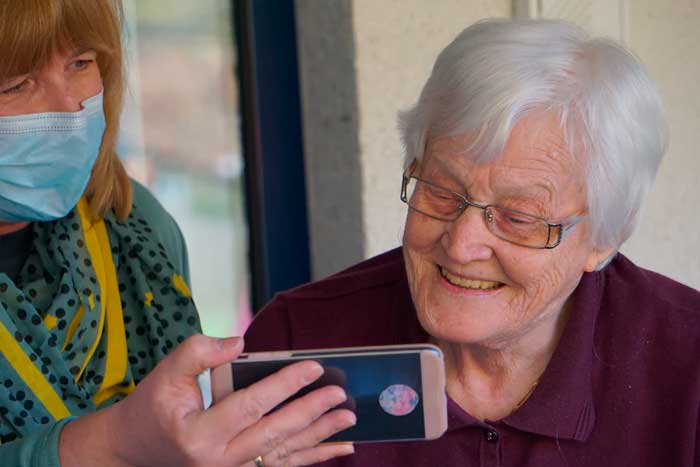Although no groups were entirely safe during the Covid-19 pandemic, it’s been well-reported that some were at greater risk than others. For example, elderly people in nursing homes were particularly vulnerable to the illness. Their lessened ability to fight off a virus, combined with the fact that living in a nursing home puts one at risk of being exposed to multiple potentially infected people every day, accounts for the high rate of Covid-19 among nursing home residents.

@knurpselknie
However, Covid-19 wasn’t the only threat to elderly residents of nursing homes during the pandemic. Early reports indicate the rate of nursing home neglect and abuse incidents rose sharply in 2020 and early 2021.
It’s easy to understand why. Many nursing homes were already understaffed before the pandemic. When Covid-19 struck, it taxed the already overburdened workers at these facilities. This may have prevented them from addressing the needs of residents to a greater degree than ever before. In fact, some doctors believe that the lack of human interaction that many nursing home residents endured during the pandemic due to staff members being unable to spend much time with them resulted in numerous residents dying from fractured mental states.
None of this is meant to apologize to those who commit nursing home neglect. After all, while there are many people who work at nursing homes and treat their jobs seriously, providing needed care to a vulnerable section of the population, it’s worth noting that the pandemic didn’t create the nursing home abuse and neglect problem. True, it may have worsened it, but it’s been established that even before the pandemic, nursing home neglect has likely been on the rise for years.
Unfortunately, nursing home abuse and neglect might also be underreported. There are several reasons this is likely the case. First, nursing home residents often have few active advocates when compared to other members of the population. Second, the limited mental capacities of many nursing home residents can make it so that they may not even be fully aware when they’ve been the victims of abuse or neglect.
This is because nursing home abuse can take many forms. Some are quite subtle. For instance, taking advantage of a nursing home resident’s diminished mental state to steal from them is a form of abuse that might go unnoticed by its own victim.
Finally, reports indicate that many nursing home residents who are the victims of abuse are often frightened to report it.
Thus, although the end of the pandemic may yield a drop in the rate of nursing home abuse, there’s still good reason to suspect this problem will continue to be a growing one, if only to a lesser degree than it has been in recent months.
That’s why it’s important that those in a position to prevent nursing home abuse take steps to do so. These include recognizing the signs of nursing home abuse, reporting it when it occurs, and enlisting the help of nursing home abuse attorneys to ensure those who commit abuse and neglect are held accountable.
